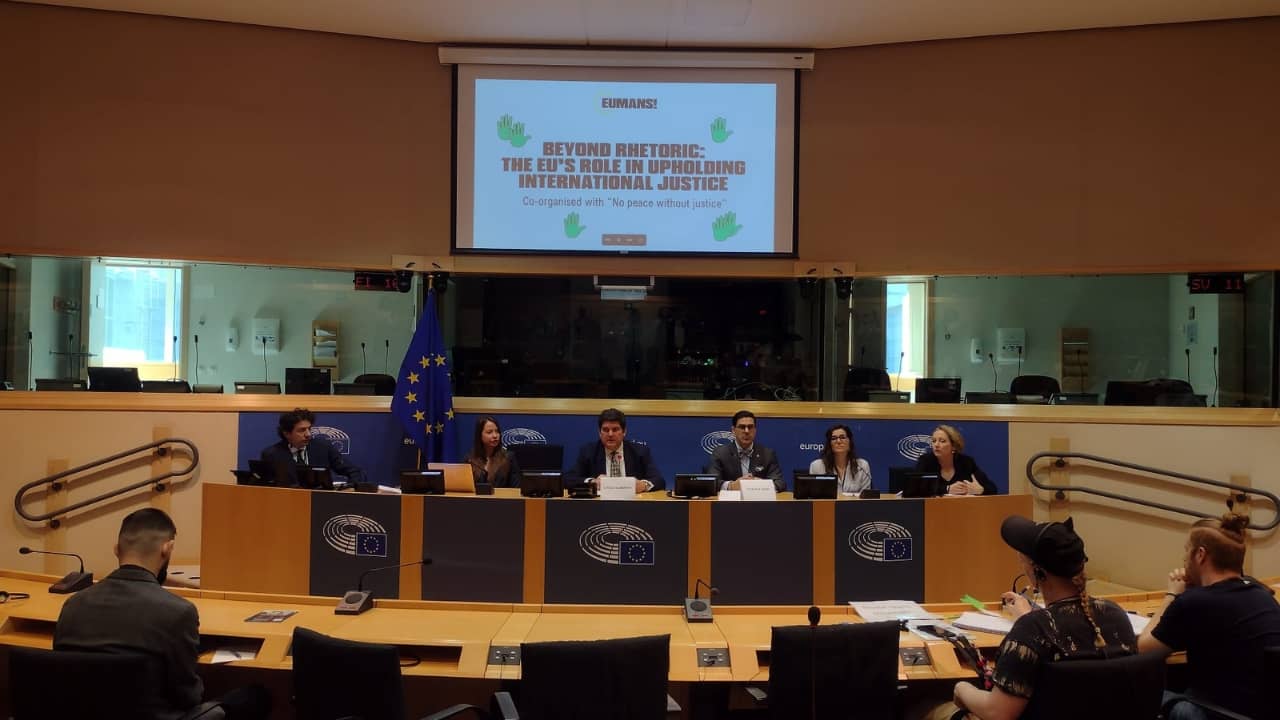New York/Stockholm/The Hague
PGA Members worldwide welcome the entry into force of Sweden’s new Act on criminal responsibility for genocide, crimes against humanity and war crimes, on 1 July 2014, as an important step towards the universal and effective implementation of the Rome Statute of the International Criminal Court (ICC).
The new law provides Swedish courts with the possibility of exercising universal jurisdiction for crimes against humanity. This means that under certain circumstances, independently of the nationality of the accused and where the crimes have been allegedly committed, Swedish courts may adjudicate the cases. Moreover, the law establishes the inapplicability of any statute of limitations for these international crimes. It also provides for a more accurate definition of the crime of genocide, in accordance with the Genocide Convention. The new legislation closes a legal vacuum since genocide, crimes against humanity and certain war crimes were not described under Swedish law previously and courts were therefore not able to prosecute individuals for such crimes.
As a Member of the Parliament of Sweden, and Member of PGA’s Executive Committee, I am very pleased to see my country moving forward towards fully implementing the Rome Statute at the national level. The established opinion in Sweden is to believe that such violence shouldn´t be allowed in society; as a consequence of that it´s common to not see need of such legislation. However, this is nothing but a misconception. Not only must Sweden honor its international obligations, but as a country who wants to receive refugees, it’s also important to let the world know that Sweden is committed to fight impunity for international crimes! Statement by Ms. Margareta Cederfelt, MP Sweden, Treasurer and Executive Committee Member of PGA
Having ratified the Rome Statute in 2001, Sweden has a long history of support to the Rome Statute system. Already in 2000, the Government issued a resolution by which a commission was appointed to review Swedish legislation on criminal responsibility for international crimes and jurisdiction over such crimes. Moreover, Sweden adopted the Act on Cooperation with the ICC in 2012. This law covers arrest and surrender to the Court, enforcement of sentences, and other forms of cooperation. By implementing the Rome Statute into Sweden’s national legal system, Sweden fulfills the principle of complementarity that ensures that the ICC will only exercise its jurisdiction when a state is unable or unwilling to do so. Hence, the translation of Sweden’s international obligations into domestic law is of paramount importance because now these international crimes can be prosecuted as such in accordance with the Rome Statute provisions.
PGA has been fully supportive of these fundamental initiatives undertaken by Sweden for the fight against impunity. PGA, on behalf of its 21 Swedish members and more than 1100 from over the entire globe, will continue to encourage these great steps contributing to a rules based international legal order and for a more equitable, safe and democratic world.




